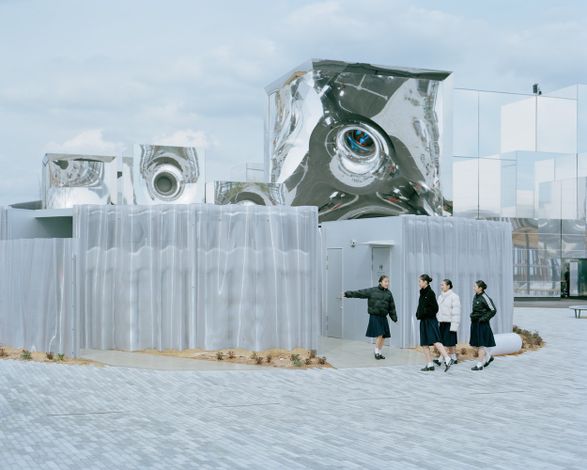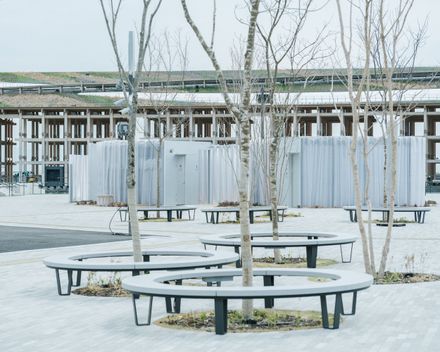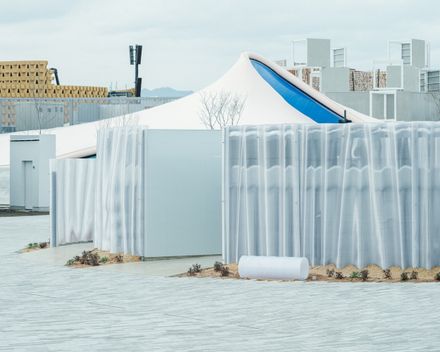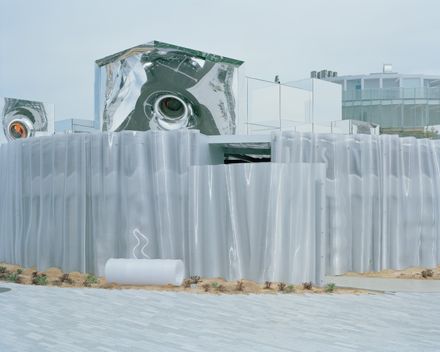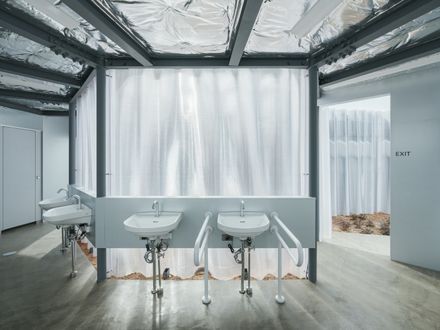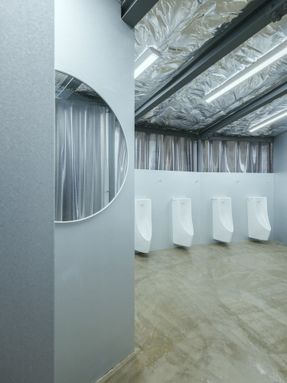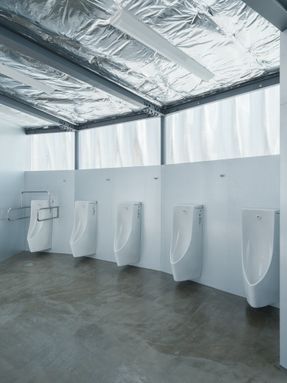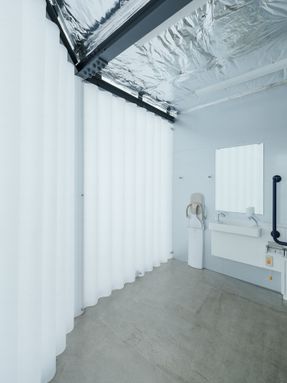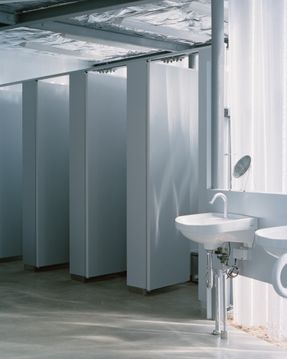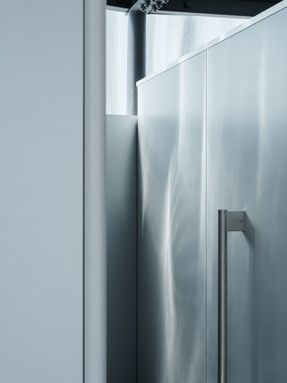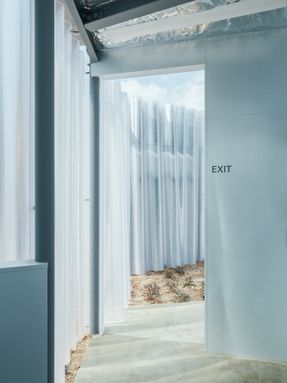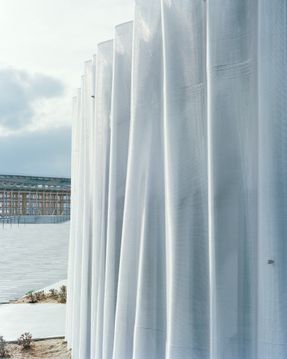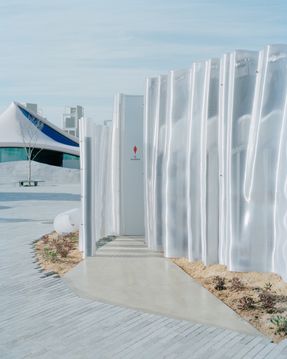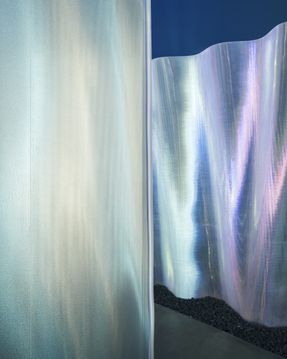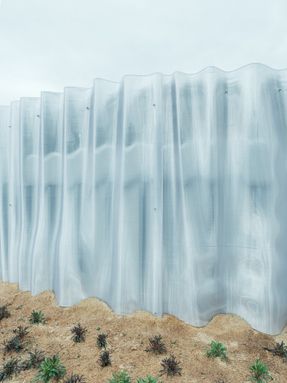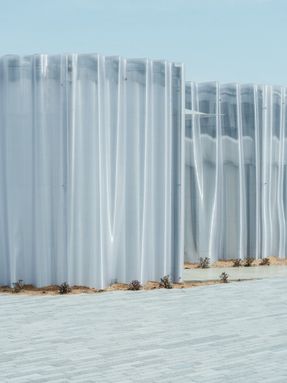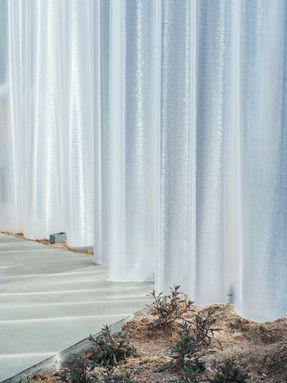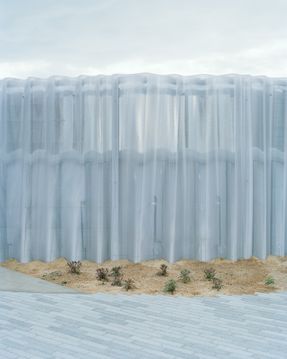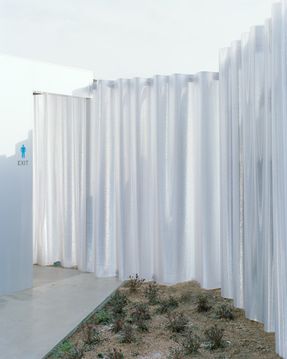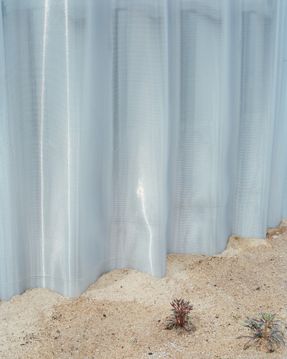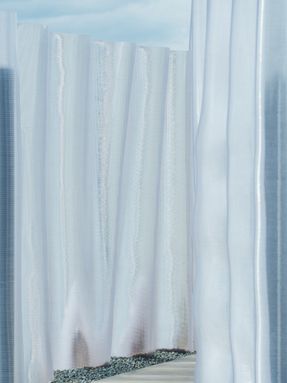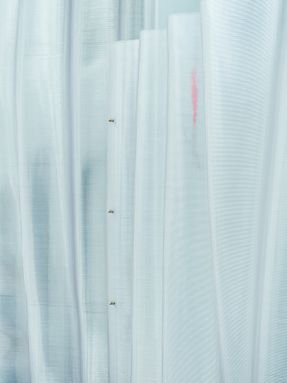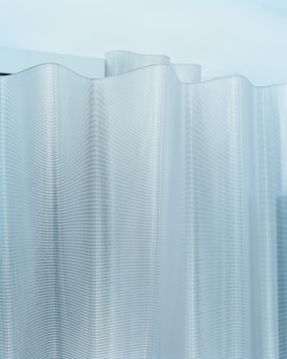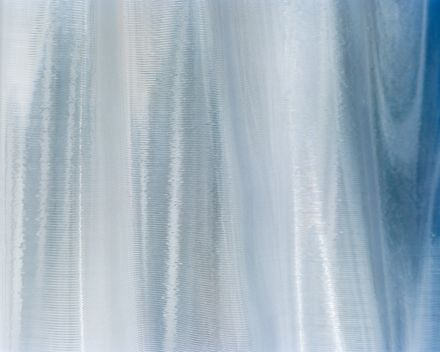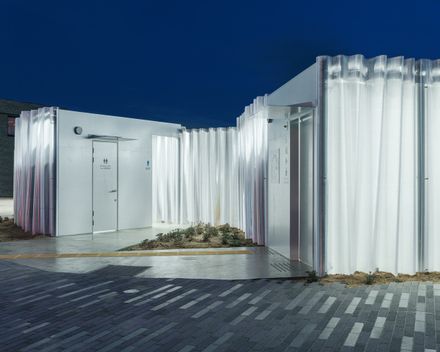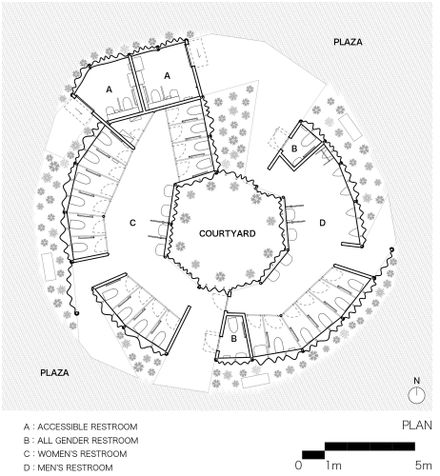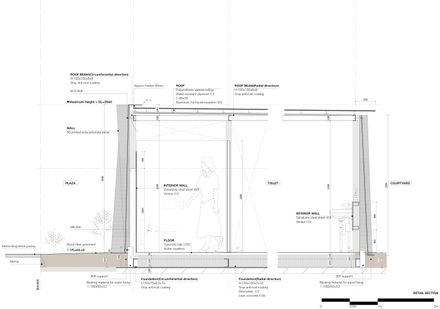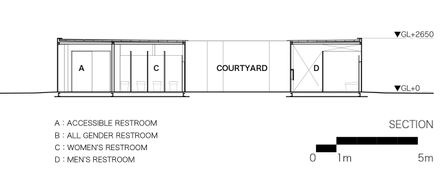Mirage In Yumeshima
ARCHITECTS
Pondedge, F A R M
LEAD ARCHITECT
Jumpei Suzuki (PONDEDGE) + Rui Murabe, Akiko Fujimoto (farm)
LEAD TEAM
Jumpei Suzuki, Rui Murabe, Akiko Fujimoto
ENGINEERING & CONSULTING > MEP
Zo Consulting Engineers
ENGINEERING & CONSULTING > STRUCTURAL
Ohno Japan
ENGINEERING & CONSULTING > OTHER
Nd3m
AREA
101 m²
YEAR
2025
LOCATION
Osaka, Japan
CATEGORY
Temporary Installations, Public Architecture
This project is a public restroom for the EXPO 2025. In response to the context of a plaza surrounded by iconic architectural landmarks, this structure was conceived not as a clearly defined form, but as something that recedes into the background—an architecture that allows only the phenomena of its surroundings to come into focus.
As a restroom located in a highly open environment, the aim was to achieve a space that is both bathed in light and carefully considers the need for privacy.
Its plan spreads out in a web-like pattern, and affixed to its steel frame are 3D-printed polycarbonate panels that flexibly adapt to variations along the circular axis.
Rather than adopting a self-contained, vessel-like form often associated with 3D printing, the design was positioned as an extension of conventional architectural methods.
As a result, a panelized system was chosen, leveraging the adaptability of 3D printing to accommodate complex geometries and dimensional shifts.
The exterior perimeter panels are printed with the coping, designed to obscure the presence of the roof entirely.
While the polycarbonate panels run along the circular direction, the radial elements—such as walls and low partitions—are finished with Galvalume steel sheets, ensuring a consistent tone and reflective quality of light.
Inside, the ceiling is composed of soft aluminum insulation, creating a gently glowing surface of light. In the accessible restroom, dual layers of 3D-printed walls generate a full-height luminous plane.
The wave-shaped 3D-printed panels inherently contain distortions from the fabrication process, which are intentionally embraced as part of the architectural expression.
The 3D-printed panels, which combine reflectivity and translucency, intricately capture surrounding light, allowing the building's presence to emerge through its relationship with the environment.
Appearing only during the exhibition, this architecture then continues its journey to another place.

